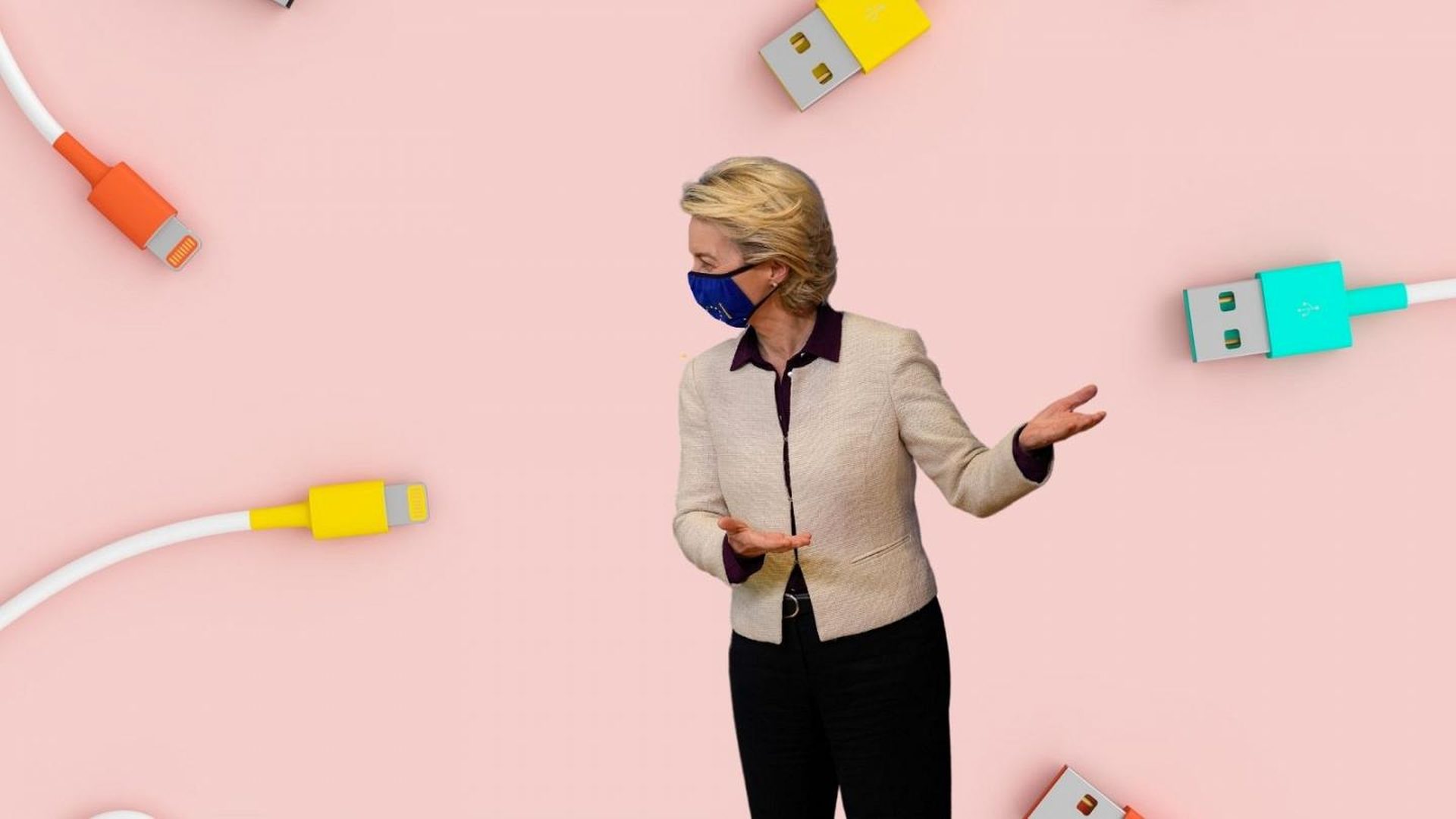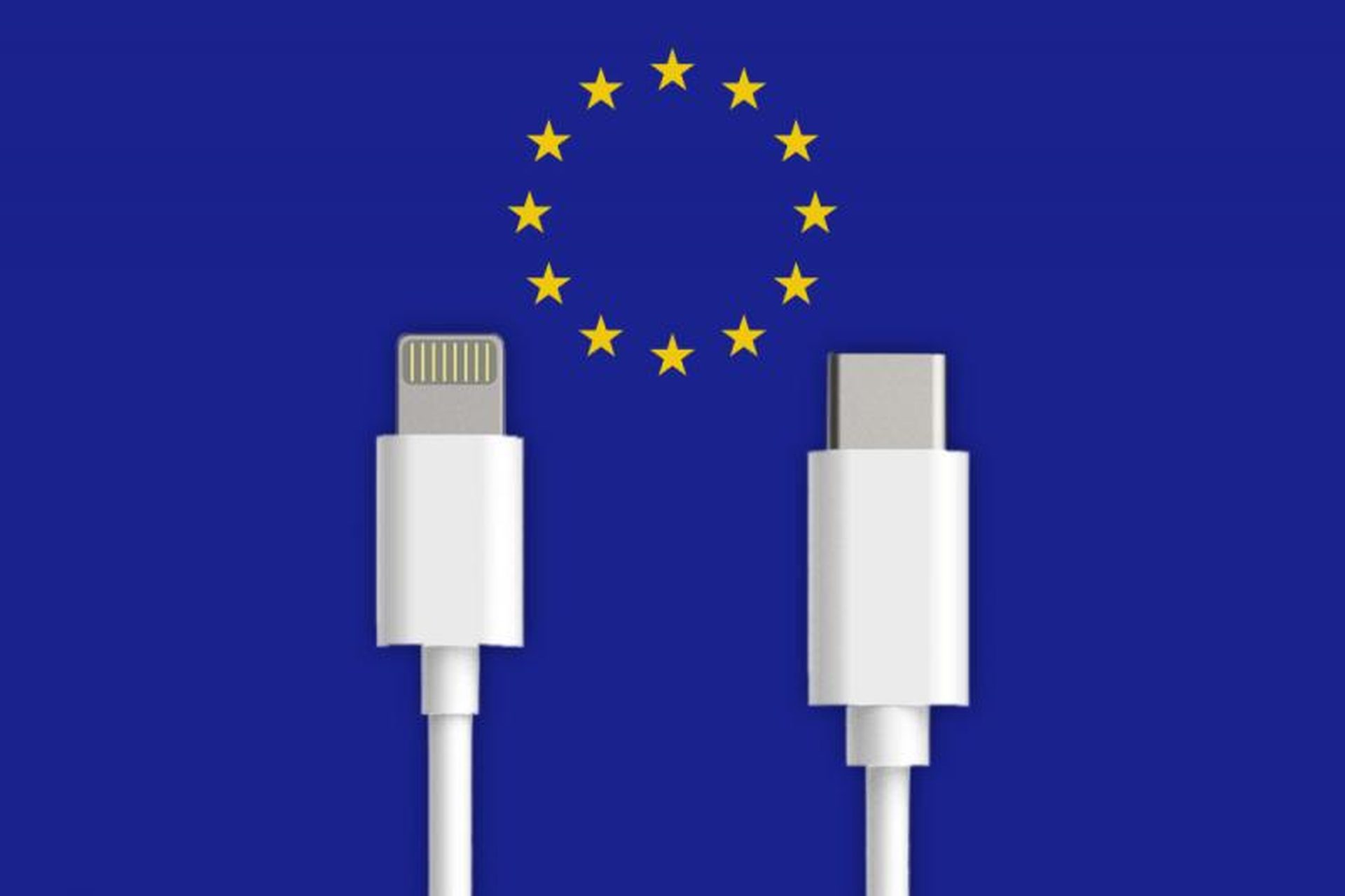What is EU USB-C law? EU lawmakers have reached a compromise deal on legislation that will require all future smartphones sold in the EU — including Apple’s iPhone — to be equipped with the worldwide USB-C connection for charging by fall 2024. The regulation will also apply to other electronic gadgets such as tablets, digital cameras, headphones, handheld video game consoles, and e-readers. At a later date, laptops will be required to comply with the standard.
Following negotiations between several EU bodies, the legislation has been in the making for more than a decade, but today’s agreement on its scope came after months of negotiation. By the way, did you check the Apple WWDC 2022 announcements?
We have reached a deal on the common charger! 🔌👏
✔️mobile phones, tablets, e-readers, digital cameras & more #USBtypeC
✔️harmonised fast-charging technology
✔️unbundling of sale of chargers from the sale of device🔴 Press conference at 12.30 CEST ➡️ https://t.co/TCBXxzIEdr pic.twitter.com/29JmeL0nxe
— IMCO Committee Press (@EP_SingleMarket) June 7, 2022
When will the EU USB-C law take effect?
“Today, the common charger has arrived in Europe!” said Alex Agius Saliba, the European Parliament’s rapporteur on the bill. “European consumers have long complained about having too many chargers as new devices are introduced. Now, with this legislation, they will be able to charge all of their portable gadgets using a single charger.” The bill also contains provisions for future wireless charging stations and standards harmonization.

The law is expected to be implemented later this year after it has been approved by the EU Parliament and Council. However, this may be a formality since the legislation will be in force “by autumn 2024.” All USB-C devices sold in the EU before that date must be capable of charging wirelessly.





